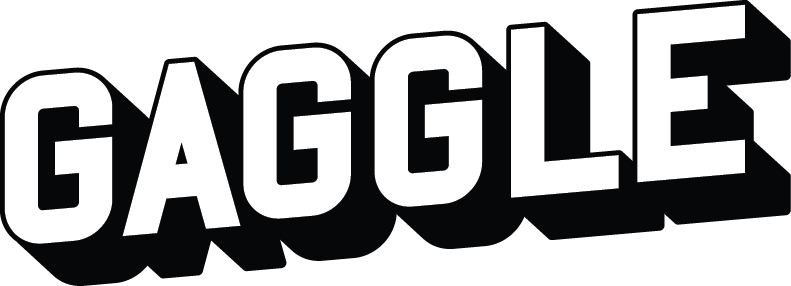Verbal Reasoning 11 Plus Grammar Tuition
- Description
- Curriculum
What you'll learn
-
All 21 types of Verbal Reasoning questions
-
Different methods on how to solve these word problems
-
Processes on how to identify key information within a text
-
Developing the ability to recognise patterns and sequences
-
Grow your vocabulary by learning words and definitions as well as antonyms and synonyms
-
Have in-lesson quizzes and worksheets
-
Have access to a tonne of real and mock exams where you can test your ability under time pressure
-
Access to step by step videos and tutorials which will guide you through the study techniques
-
How to fully prepare for the Verbal Reasoning 11 plus exams
-
A focus on developing fundamental critical thinking skills and applying these to any text
What you'll learn
-
All 21 types of Verbal Reasoning questions
-
Different methods on how to solve these word problems
-
Processes on how to identify key information within a text
-
Developing the ability to recognise patterns and sequences
-
Grow your vocabulary by learning words and definitions as well as antonyms and synonyms
-
Have in-lesson quizzes and worksheets
-
Have access to a tonne of real and mock exams where you can test your ability under time pressure
-
Access to step by step videos and tutorials which will guide you through the study techniques
-
How to fully prepare for the Verbal Reasoning 11 plus exams
-
A focus on developing fundamental critical thinking skills and applying these to any text
Verbal reasoning mainly focuses on your child’s ability to solve problems around words and language. Its important to understand first and foremost that this is a test of skill and understanding and the processing of information, instead of just pure knowledge. The best way to tackle this area is to support your child in training their ability to critically understand text. One of the key learning tasks is for wide exposure to fiction and non-fiction books, whilst also expanding their vocabulary.
This also being able to solving word problems, following written instructions and coming up with solutions whilst spotting letter sequences and cracking patterns and codes. The student could, at any time, be faced with a whole range of problems and its important that they are equipped with the fundamental skills to adapt their thinking quickly and pick out the key information.
When it comes to the Verbal Reasoning 11+ Grammar test there are 21 different formats and types of questions. They include, but aren’t limited to:
- Finding a letter that completes 2 separate words
- Finding the word inside the word in any letter order
- Spotting the odd one out
- Identifying synonyms and antonyms
- Breaking the letter code e.g. 1 = A, 2 = B find the answer for 121
As you can see from the above formats, not all questions are limited to just English – it is important for your child to have an understanding of basic Maths to solve things like sequences. The idea is the same, they will be given written instructions, will have to process the information and then apply it to a problem.
At Gaggle Academy our whole course focuses on complete and extensive exposure to all question types and formats. Its vital your child is familiar with them and knows how to negotiate each question, whilst understanding methods of processing information.
We will systematically go through each question type from a basic level, explaining how to solve them and provide easy to follow examples for the student to rehearse. This practice will then be followed by extensive revision through in-course quizzes as well as dedicated exams through which we can continually review the skill and ability of the student.
This course will also be supported by a vocabulary list where students will receive new words and definitions to learn. Alongside this they will learn the antonyms and synonyms, slowly giving them a wider understanding of the English language.

